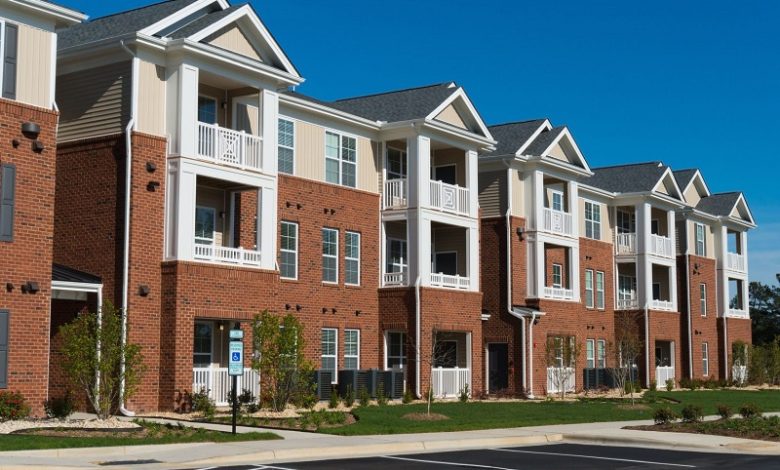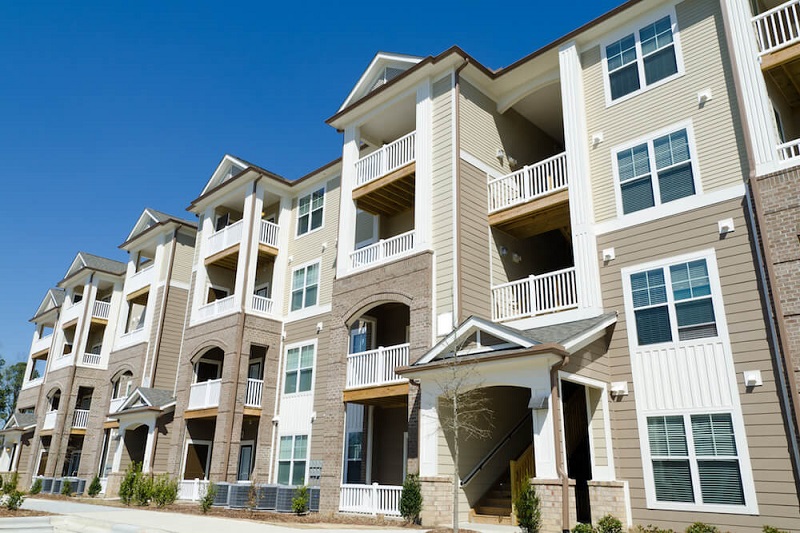
Are you thinking of starting an apartment business in the Philippines? With its growing population and booming real estate market, the Philippines is a lucrative destination for property investment. In this article, we will guide you through the process of starting an apartment business in the Philippines. We will discuss the legal requirements, market analysis, property acquisition, marketing strategies, and essential tips to help you succeed in the apartment rental industry.
Market Analysis
Before diving into any business venture, conducting a thorough market analysis is crucial. This analysis will help you understand the demand for apartments in your chosen location, identify potential competition, and set realistic expectations for your business. Here are some important factors to consider: Are there any unique features that could make your apartments stand out from the competition, such as outdoor space for rent? It’s important to differentiate your business and offer something that others may not have, but is also in demand.
1. Location
Choose a location for your apartment business carefully. In the Philippines, major cities such as Manila, Cebu, and Davao have a high demand for rental properties due to urbanization and job opportunities. Consider factors such as accessibility, proximity to business districts, universities, and public transportation.
2. Target Market
Identify your target market for apartment rentals. Are you targeting young professionals, students, families, or tourists? Understanding your target market will help you tailor your amenities and marketing strategies accordingly.
3. Market Competition
Analyze the competition in your chosen location. Study existing apartment complexes, their rental rates, amenities, and occupancy rates. This will give you insights into the market demand and help you differentiate your offering to attract tenants.
Legal Requirements
Starting any business in the Philippines requires compliance with certain legal requirements. To start an apartment business, you need to fulfill the following:
1. Business Registration
Register your apartment business with the appropriate government agencies. Apply for a business name with the Department of Trade and Industry (DTI) or Securities and Exchange Commission (SEC) for sole proprietorship or corporation, respectively.
2. Mayor’s Permit
Obtain a Mayor’s Permit also known as a Business Permit from the city where your apartment is located. This permit ensures that your business complies with local regulations and pays the necessary taxes.
3. Bureau of Internal Revenue (BIR) Registration
Register with the BIR to obtain a Tax Identification Number (TIN). This will enable you to pay the necessary taxes related to your apartment business.
4. Department of Tourism (DOT) Accreditation (if applicable)
If you plan to target tourists and short-term rentals, consider seeking accreditation from the Department of Tourism (DOT). This will give your business credibility and access to potential tourists.
Property Acquisition
Acquiring suitable properties for your apartment business is a crucial step. Consider the following factors when selecting properties:
1. Type of Property
Decide whether you want to invest in newly constructed apartments or existing residential properties that can be converted into apartments. Each option has its benefits and considerations such as construction costs, location, and potential return on investment.
2. Property Size and Layout
Consider the size and layout of the property. Opt for properties that can accommodate a sufficient number of units and offer amenities such as parking spaces, common areas, and laundry facilities.
3. Property Ownership
Ensure that you have legal ownership of the property or secure long-term lease agreements with the property owners. This will provide stability and control over the property for your business operations.
4. Property Inspection and Maintenance
Before finalizing the property acquisition, conduct a thorough inspection to identify any existing issues. Address any necessary repairs or maintenance to ensure the safety and comfort of your tenants.
Marketing Strategies
Implementing effective marketing strategies will help attract tenants to your apartment business. Here are some strategies you can consider:
1. Online Presence
Create a website and list your apartments on popular online property rental platforms. Optimize your website and property listings with relevant keywords, attractive photos, and detailed descriptions. Leverage social media platforms to showcase your properties and engage with potential tenants.
2. Referrals and Word-of-Mouth
Encourage satisfied tenants to refer your apartments to their friends, family, and colleagues. Offer incentives for successful referrals, such as discounts on rent or referral bonuses. Positive word-of-mouth can be a powerful marketing tool.
3. Local Advertising
Advertise your apartments in local newspapers, community boards, and magazines. Target universities, corporations, and other local establishments to reach your desired tenant demographic.
4. Virtual Tours
Create virtual tours of your apartments to give potential tenants a real-life experience without physically visiting the property. This can be done through 360-degree photos, videos, or virtual reality (VR) technology. Virtual tours can enhance the apartment viewing process and attract tenants from different locations.
5. Competitive Pricing and Promotions
Set competitive rental prices based on the market analysis you conducted earlier. Consider offering promotions, such as discounted rates for long-term leases or waived fees for early move-ins. This can help attract tenants and fill vacancies faster.
Essential Tips for Success
To excel in the apartment rental business in the Philippines, keep the following tips in mind:
1. Provide Excellent Customer Service
Ensure that your property management team is responsive, friendly, and attentive to the needs of your tenants. Promptly address maintenance requests and create a positive living experience, leading to tenant satisfaction and potential renewals.
2. Regular Maintenance and Upkeep
Regularly inspect and maintain your apartments to ensure they are in good condition. This includes addressing repairs, upgrading amenities, and maintaining cleanliness. Well-maintained apartments will attract tenants and help maintain a positive reputation for your business.
3. Set Clear Rental Policies
Establish clear rental policies and communicate them to your tenants from the beginning. This should include guidelines on rent payments, security deposits, pet policies, noise regulations, and move-in/move-out procedures. Clear policies help set expectations and minimize disputes.
4. Invest in Security Measures
Prioritize the safety of your tenants by implementing security measures such as CCTV cameras, secure access points, and proper lighting. A safe environment encourages tenant satisfaction and attracts potential renters.
5. Stay Updated with Market Trends
Keep abreast of the latest market trends, rental rates, and tenant preferences. Continuously adapt your strategies to remain competitive and meet the evolving demands of your target market.
FAQs (Frequently Asked Questions)
- Do I need a property management team for my apartment business?
Hiring a property management team can greatly assist in the smooth operation of your apartment business. They can handle tenant inquiries, rent collection, leasing agreements, and property maintenance, allowing you to focus on other aspects of the business.
- Should I consider providing furnished apartments?
Offering furnished apartments can be an attractive feature for certain tenant demographics such as students or expatriates. However, consider the additional costs and maintenance associated with furnishing units before making a decision.
- How do I determine the appropriate rental rates for my apartments?
Take into account market demand, location, property size, and amenities when determining rental rates. Research the rental rates of similar apartments in your area to ensure you remain competitive.
- What are my responsibilities as a landlord in the Philippines?
As a landlord, you are responsible for ensuring the habitability and maintenance of the property, respecting tenant rights, and abiding by the terms agreed upon in the lease agreement. Familiarize yourself with the laws and regulations pertaining to landlords in the Philippines.
- How can I attract long-term tenants for my apartments?
To attract long-term tenants, offer incentives such as reduced rental rates for longer lease terms. Provide amenities that cater to their needs, such as a gym, swimming pool, or community spaces. Emphasize the benefits of stability, security, and convenience that come with long-term rentals.
Conclusion
Starting an apartment business in the Philippines can be a rewarding venture. By conducting a comprehensive market analysis, fulfilling the legal requirements, carefully selecting properties, implementing effective marketing strategies, and following essential tips for success, you can establish a thriving apartment rental business. Remember to provide excellent customer service, prioritize tenant satisfaction and safety, and strive to stay updated with market trends.






